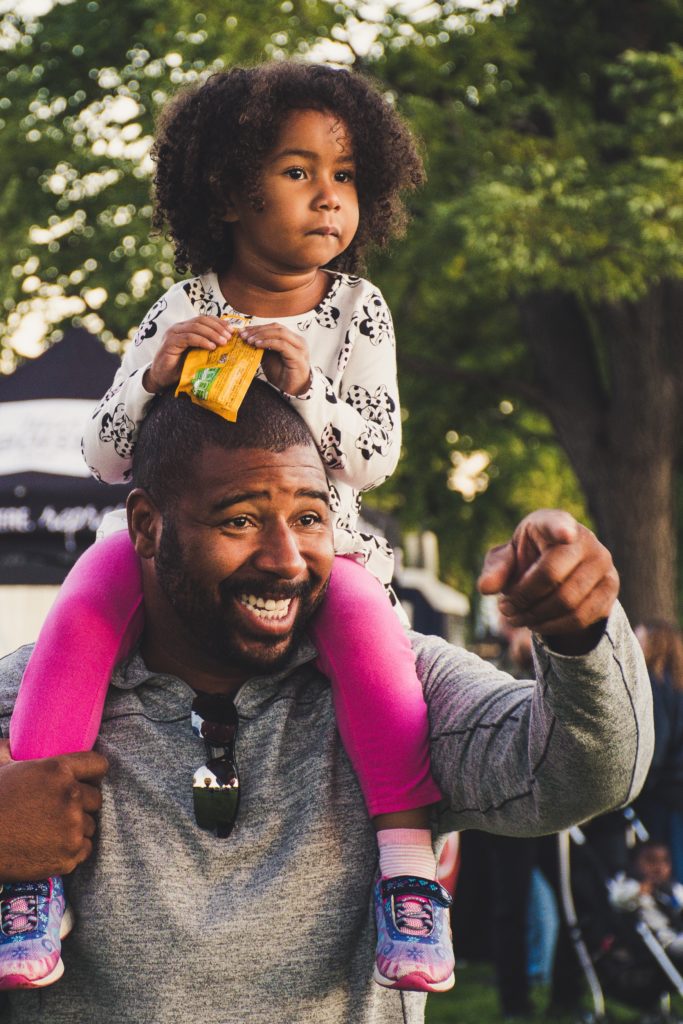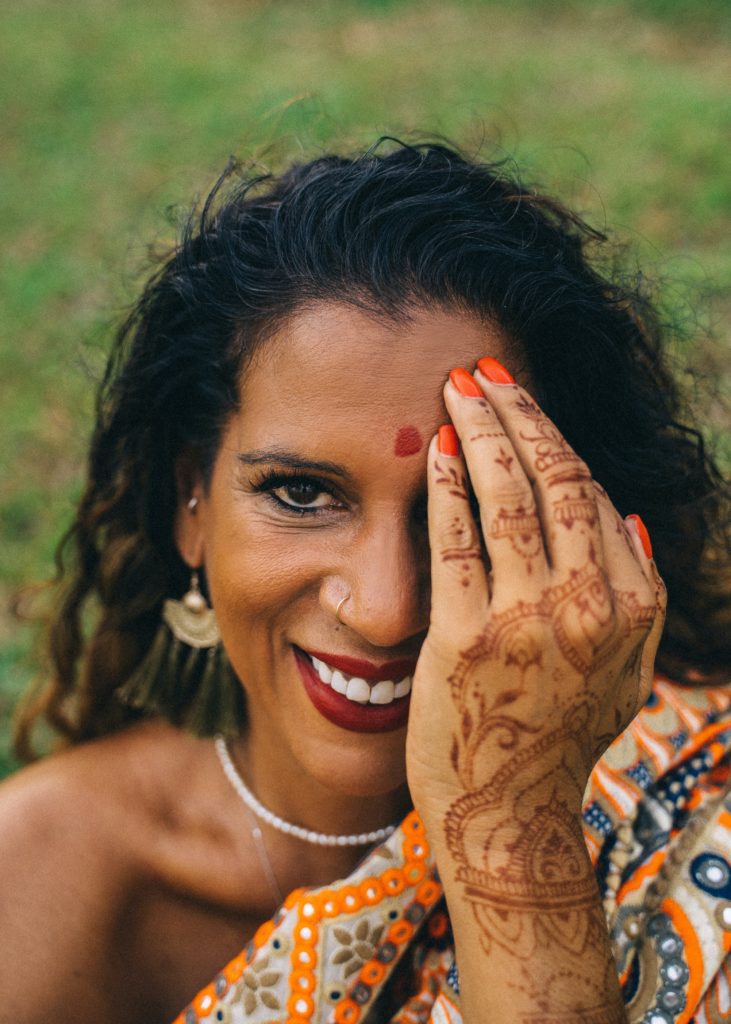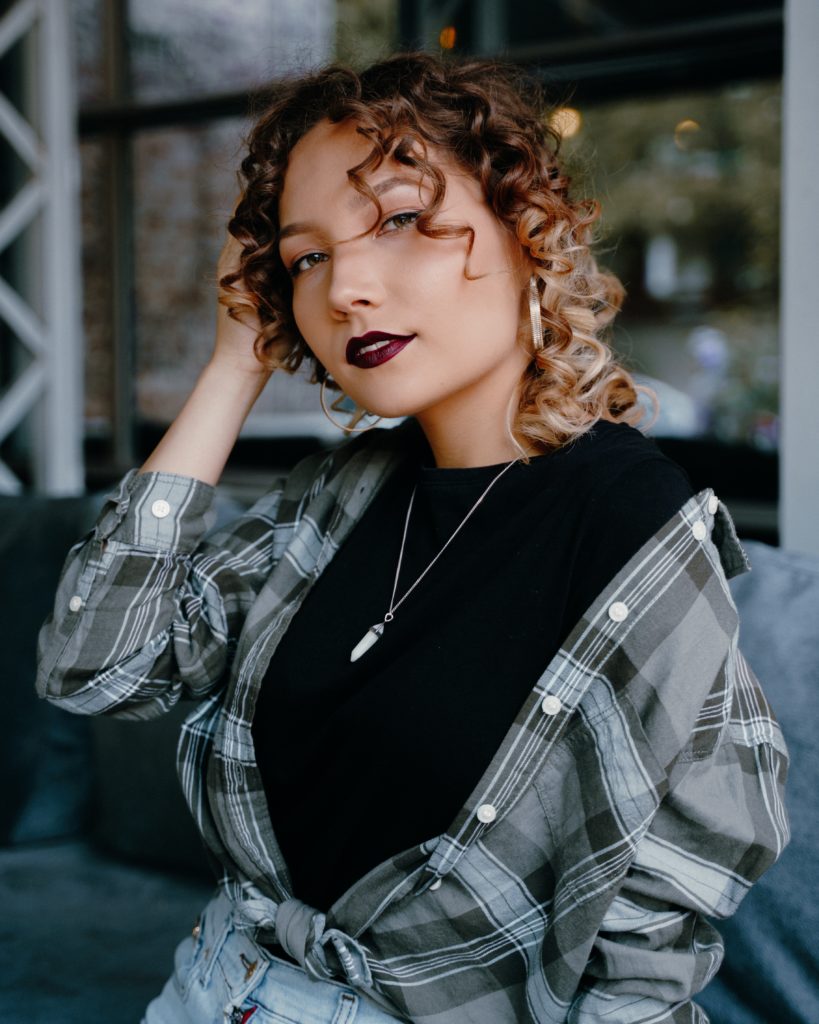Therapy for POC
Providing A Space That Allows You To Express All Of Who You Are

As a person of color (POC), you may have had an experience with a therapist that left you feeling misunderstood and even more marginalized. Perhaps you sought a space where you could express confusing emotions as they related to your race and/or intersecting identities, but you felt like the experience and its systems failed you.
Finding the mental health support you need as a person of color can be a veritable challenge. One bad experience is enough to lead to distrust of “professionals.” Yet, without support, you may have difficulty navigating the layered challenges within your skin. How do you manage a lifetime of accumulated stress from racial challenges, life challenges, or inextricable difficulties at the intersection of both?
Perhaps you’re looking for a neutral yet culturally-aligned space where you can work through the pain of racism, microaggressions, and internalized racism with empathy. A space where your race or ethnic identity matters little, for you face life struggles like anyone else, which may include challenges with mental health, relationships, or gender and sexual identity. And how you visibly show up in the world should not be the elephant in the room. It should be the baseline—a starting point for a therapist who believes your experiences and does not gaslight you, forcing you to prove experiences in your skin.
If you have worked with a therapist in the past who lacked cultural responsiveness, the experience may have left you feeling frustrated, alienated, guarded, or angry. And you may have stopped sharing altogether out of fear for your emotional health.
Yet spaces do exist that prioritize the emotional safety of persons of color. At Rottenberg Therapy, the therapists of color can offer you the space to explore issues without feeling belittled. Our BIPOC therapists will allow you to bring 100 percent of who you are to sessions so you can fully work through your challenges.

Race Is An Added Stressor That Harms The Quality Of Life Of People Of Color
Society plays a key role in the challenges systemically marginalized groups face, whether Black, Latinx, Asian, Native American, Indigenous, Pacific Islander, Desi, Queer, MENA, SWANA, and others. This marginalization often occurs through racism, which can be an invisible yet painful mark with effects that transfer through a lifetime and subsequent generations.

In addition to the pain of racism, an unspoken social hierarchy also exists among people of color, with some minority groups seen more favorably by society than others. As an example, Asian people receive praise for displaying hard work and discipline, and for the same work, Black people and Latinx people will not be recognized.
The reality of colorism will also impact marginalization, where studies show that dark-skinned members of a group suffer from fewer life opportunities, less pay, and being seen as less attractive to both members within the minority group and throughout the wider world. And when these realities intersect with additional marginalizations like gender, sexuality, or socioeconomic status, a person of color will experience further marginalization within their cultural group, among other people of color, and in society at large. The most marginalized “persons of color”, in theory (and most likely in practice as well), will be a person whose identity intersects along these many intersections—a poor dark-skinned lesbian woman whose racial or cultural identity is the least favorable to society, for example.
Seeking Validation Is A Fundamental Human Need
All people seek to be understood. We seek validation. We also seek connection. And when a person is a part of a racial minority or a person of color, you may experience difficulty in connecting with others because you carry an added vulnerability in a society that marginalizes non-White people.
The cultures of racial minorities are also seen as secondary to the default White culture, which makes your struggles less visible. If you have an issue related to the culture you have acquired through your BIPOC racial identity, a traditional therapist may not have the tools to help because they were likely trained in an educational system that recognizes the challenges of White people as viewed through a White Western lens. This also makes them less likely to see and validate the experiences of people of color because they neither know nor understand your struggles.
When the world does not see your struggles as valid, you may also invalidate your own struggles—and alone you often lack the tools to deal with nuanced experiences, particularly when your racial or ethnic identity intersects with them.
How does a Black female patient address disordered eating due to Black cultural values, for example, when society primarily highlights disordered eating through White females with White cultural values? Offering culturally-aware support for a Black patient, while ensuring that she also sees her experience through her own cultural lens, may be a challenge.
A BIPOC therapist will offer the nuanced approach you need to address your challenges. Through therapy for POC, you can find compassionate guidance to deal with problems and develop strategies to manage and overcome them.

Therapy With People Of Color In Mind Offers The Safety You Need To Work Through Your Struggles
If you need a space where you feel safe and understood—without fear of gaslighting or need to explain who you are—then therapy for POC could be for you. Culturally-aligned therapy can provide consistent support to help you work through life challenges in your skin so you may move through the world with resilience and confidence no matter what issues you face.
The therapists of color at Rottenberg Therapy offer a warm, empathetic, and non-judgmental environment where you can freely explore challenges, develop healthier coping strategies, and build the foundation you need to live the life you want. Our therapists proudly help POC from various backgrounds to overcome their challenges, including racism, sexism, misogynoir, sexual and gender identity, homophobia, anxiety, depression, trauma, relationship issues, disordered eating, grief, and more.
Therapy for POC can give you the strength to feel empowered to face challenges within a marginalized identity. It will also:
- Validate your experiences so you can begin to heal
- Provide compassionate and supportive guidance
- Offer a safe space to view yourself from the perspective of your cultural identity
- Help you find safety working through problems independent of your racial or ethnic identity
- Offer a culturally-aware approach that helps you work through experiences of microaggressions, racism, and internalized racism
- Allow you to express the range of emotions from your life experiences without judgment (e.g. frustration, joy, sadness, anger, surprise)
At Rottenberg Therapy, our therapists take a psychodynamic/psychoanalytic approach to treatment, which works to uncover the emotional roots of any of your struggles and promotes self-awareness and self-examination. We think of this as gentle and deep work with long-lasting effects. And we encourage patients to bring in their dreams, fantasies, and their whole selves into the sessions in order to draw from the known/conscious parts as well as the unknown/unconscious parts of their psyche.

Additionally, we are all trauma-informed therapists. We use mindfulness and body/somatic-based approaches, but we may also introduce other modalities to better understand the cause of your issues and speed recovery. Cognitive-Behavioral Therapy (CBT), for example, can help you transform negative thought patterns into more positive ones so that you can make more constructive decisions when life challenges arise. And Radically-Open Dialectical Behavior Therapy (RO-DBT) allows you to work through rigidity and the need to control aspects of your life by cultivating more openness, flexibility, and social connectedness.

Therapy for POC can allow you to experience some relief from being “othered”. Our BIPOC therapists have helped many clients honestly and effectively address their struggles and develop the skills that allowed them to tap into their innate ability to heal themselves. We believe that we can do the same for you.
We do acknowledge that the fields in which we practice–psychology, psychotherapy, and psychoanalysis–have been founded on white supremacist, patriarchal, cisgender, and heteronormative ideas, and we all are working toward dismantling these ideas from within ourselves, this practice, and our field. We welcome conversations with you any time you may feel this promise is not upheld in sessions and we are committed to challenging ourselves to continue to move toward a radically inclusive space, within ourselves and in our society.
Maybe you still have questions about therapy for POC at our practice…
What about the White therapists at Rottenberg Therapy?
We are glad you are wondering. Some of our therapists identify as POC therapists and some identify as White. Our White therapists are all on a journey to uncover their own internalized white supremacy, the patriarchy, misogyny, and misogynoir.
If one of the non-POC therapists in our practice seems like a good fit for you, please do not hesitate to contact them. It will not be the same as seeing a therapist who is a person of color, and you may need to work through some difficult feelings with us, together, but we are committed to an open and honest dialogue about racism and all other ‘isms in this practice.
Period.
Are You Ready To Find The Validation You Need To Heal?
You deserve to take up space, have a voice, and heal from your experiences. If you’re ready to take the next step toward internal freedom and self-healing, we invite you to contact us to see how our BIPOC therapists can help.